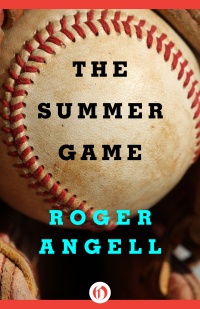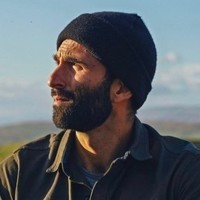John McAfee's Last Stand
On November 12, 2012, after Belizean police announced that they were seeking him for questioning in connection with the murder of his neighbor, John McAfee began a well-publicized stint on the lam. Six months earlier, the writer had begun an in-depth investigation into McAfee's life. This is the chronicle of that investigation.
Listen to Joshua Davis disucsses this article on the Longform Podcast.












